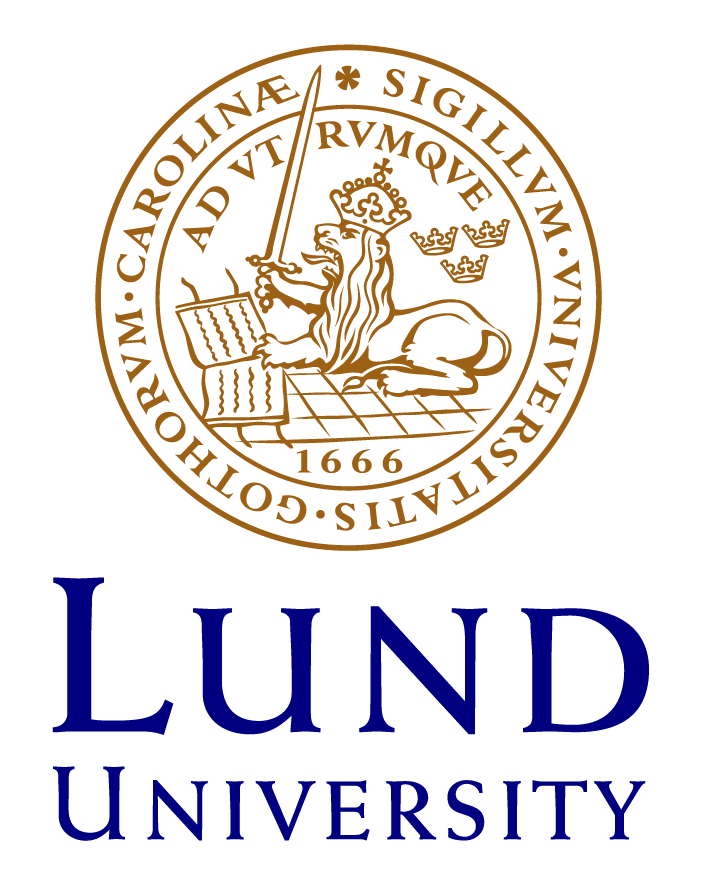On the History of the Romanian Language Studies in Russia
Abstract
In 1839 St. Petersburg University opened the Department of the Wallachian-Moldavian language that continued till 1858. It was at this Department that this language for the first time was raised to a position of a subject studied and taught at a university level long before it began to be considered an issue of scholarly interest and put to linguistic use in Europe.
The first head of the Department was Ya.D. Ginkulov (1800-1870). Owing to him, the first Russian treatise on the Romanian language “The Outline of the Grammar Rules in Wallachian-Moldavian” (1840) was published. Ginkulov is also considered to have introduced a new ethnic term (ethnonym) - the Romanians.
The year 1823 saw the beginning of teaching the Romanian language in Chisinau theological school. Among the basic didactic materials used then was “The Russian-Romanian Grammar Book” compiled by Stephen Margeala that consisted of an ideoglossary based on a restricted word-list combined with a Russian-Romanian phrase-book (in an old Cyrillic script). No less attention was given to the Romanian language studies by I.I. Sreznevsky (1812-1880), a famous specialist in Slavic languages and literatures. It was he who made a conclusion that the Slavic peoples had inhabited Dacia before the Roman occupation. Moreover, he was the first to put a special stress on the difficulty in distinguishing the earlier Slavonic borrowings from the more recent ones.
A considerable contribution into developing Romanian studies in Russia was made by P.A. Syrku (1855-1905), whose befitting successor, A.I. Yatsimirsky (1873-1925), wrote a number of works on the ancient culture and literary process in Moldova and Wallachia. Another scholar who gave a lot of thought and time to the Romanian language and culture studies was A.I. Sobolevsky (1856-1929). This list of Russian scholars engaged in the Romanian studies is far from being complete, as in 1957 Leningrad State University revived the Romanian Department and resumed the tradition of teaching this language in our city (prof. T.A. Repina).

